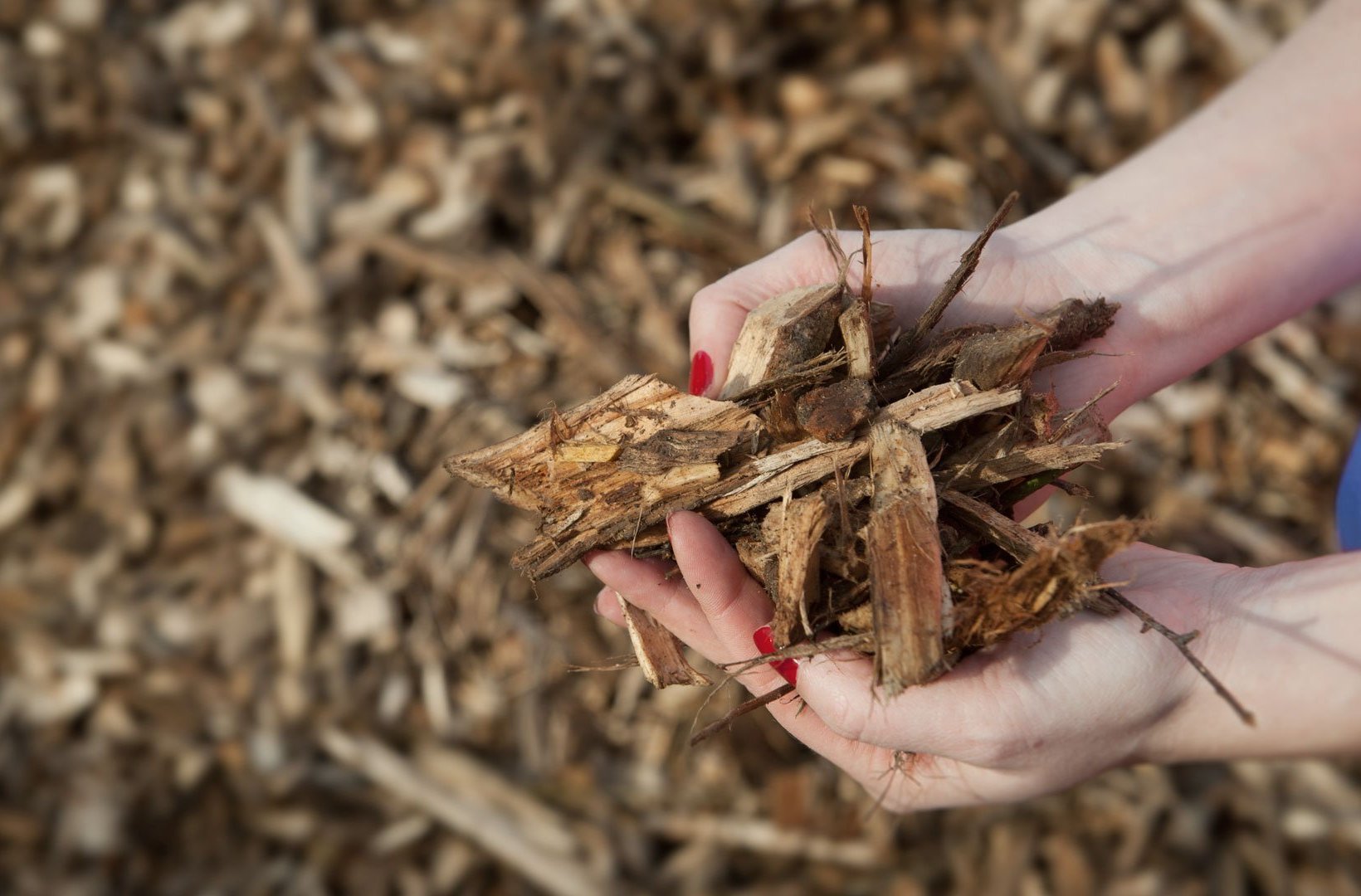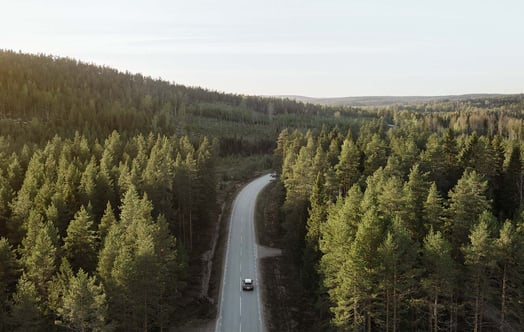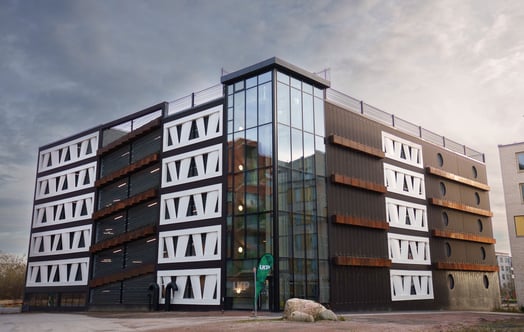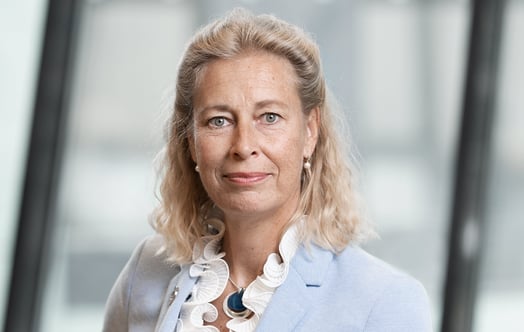
On 26 April, an open letter from a number of environmental organisations was sent to several Vattenfall executives. Vattenfall has now replied to the open letter.
Regarding the letter:
To:
- Lina Burnelius, Protect the Forest Sweden
- Esmeralda Sjögren, Aurora, Sweden
- Karla Alfaro Gripe, Fridays For Future Sweden
- Fenna Swart, Comité Schone Lucht, Netherlands
- Maarten Visschers, Leefmilieu, Netherlands
- Jana Ballenthien, ROBIN WOOD, Germany
- Judith Dellheim, Berlin Energy Table (plenum), Germany
- Lisa Kadel, BürgerBegehren Klimaschutz, Germany
- Martin Pigeon, Fern, Belgium
- Almuth Ernsting Biofuelwatch, UK
Dear all,
Thank you for your letter to Vattenfall.
To begin with, Vattenfall allowed several representatives from Fridays for future and other NGOs to attend and to ask questions in connection to Vattenfall’s Annual General Meeting (AGM). The questions were all answered by Vattenfall’s CEO Anna Borg and Head of Sustainability Annika Ramsköld. Vattenfall also offered a separate meeting directly after the AGM to discuss these questions further, but the representatives from Fridays for future declined.
The energy trilemma – how to get secure, affordable and clean energy - is a challenge for all societies around the world. And in Europe the challenge has only become bigger after Russia’s invasion in Ukraine. We agree that we need to phase out fossil fuels as soon as possible, and we would support you in addressing this message towards politicians.
Vattenfall is fully committed to our goal of fossil free living within one generation and is also committed to the 1.5-degree target in line with the Paris Agreement which is verified by the Science Based Targets Initiative (SBTi). We have also decided to become net-zero in our full value chain by 2040, at the latest. Not only are we committed to phase out remaining fossil fuels from our own operations, but we also work together with customers and partners to help them decarbonise. The basis for this is our fossil free electricity generation from hydro, nuclear, wind and solar power.
We are investing heavily in new fossil free energy production, mainly wind power, and plan to invest SEK 35 billion in wind power over the next two years. For example, we will commission the world’s largest offshore wind farm in the Netherlands (Hollandse Kust Zuid, 1500 MW) later this year.
Vattenfall is working hand in hand with cities to provide options for climate-smarter living so that they can deliver on their climate goals. We do our utmost to secure a fossil free heat supply within one generation. We have started replacing natural gas with next generation alternatives, these include third-party excess heat integration, heat pumps, renewable-based power-to-heat, and we are exploring geothermal and green hydrogen, with availability determining the mix. We have started to build one of Europe’s largest E-boilers at our district heating plant in Diemen in Amsterdam. The 150 MW E-boiler, expected to be commissioned in 2025, will produce heat from excess electricity generated by renewable energy sources. These figures and examples show that our goal of fossil free living within one generation is anything but greenwashing.
Using forest biomass that meets robust sustainability criteria to contribute to the decarbonization of our district heating operations in Berlin and Amsterdam is one option we explore.
The importance of bioenergy is not limited to the heating and cooling sector: bioenergy and in particular woody biomass is Europe’s most prominent local and sustainable energy source, it represents 10% of the total energy we consume, with over 96% of biomass produced domestically. Sustainable bioenergy contributes to the decarbonization of our energy system, but it is also an important resource to guarantee Europe’s energy independence considering the drastic and unprecedented energy shortage.
As we responded last year, Vattenfall believes that woody biomass and residual wood that meets robust sustainability criteria can and should make a positive contribution to the energy transition and climate change mitigation by replacing fossil fuels (coal, oil and gas). Vattenfall sources biomass from sustainable sources only. Apart from short rotation coppices, that we use in Berlin, we only use forest residues, processing residues from industries like furniture production and recycled waste wood which comes in the form of chips. In our annual report these fractions are not classified as waste, but as biomass. We are sourcing these biomass streams fully in line with EU and national legislation and continuously follow up and evaluate our suppliers to ensure that they deliver according to our contracts.
In Germany, Vattenfall’s focus is to phase out coal in our district heating in Berlin by 2030 and become climate-neutral by 2040. To convert existing plants or build new district heating capacity Vattenfall will use a combination of biomass, waste heat, natural gas, power-to-heat, large heat pumps and heat storage. Vattenfall already uses waste heat and biomass and operates a power-to-heat plant. In 2011, the City of Berlin and Vattenfall agreed on specific sustainability criteria for biomass fuels and plants. During May 2021, a renewed ´sustainability agreement´ with a contract duration of 10 years was finalized between the City of Berlin and Vattenfall.
Woody biomass is expected to play a continuous important role for several industries, also for heating. To which extent and in which way can differ per country, depending on market conditions and costs of transportation. In forest-rich countries like Sweden, by-products from the forest industry will be continuously used in the heating sector. We are currently looking into the possibility to build a BECCS (Bio Energy Carbon Capture and Storage) plant in one of our existing sites, Jordbro, which can create up to 100 000 tons negative emissions per year by capturing biogenic carbon dioxide and permanently store this. In the Netherlands, there is an ongoing debate about a planned biomass-fired plant in Diemen that would be equipped for pellets. Vattenfall has not made a definitive decision on the realisation of this plant.
Vattenfall’s planned heat transition, phasing out fossil fuels from the heating sector, is in line with our overall climate ambitions. We believe that continuous improvements of sustainability regulations and certifications on woody biomass are needed in order to balance the different perspectives of climate, biodiversity, economy and society. We want to find this balance in close cooperation with key stakeholders in our society and are therefore welcoming an open and constructive discussion.
Annika Ramsköld
Head of Sustainability
Martijn Hagens
Head of Business Area Customers & Solutions
Head of Business Area Heat



